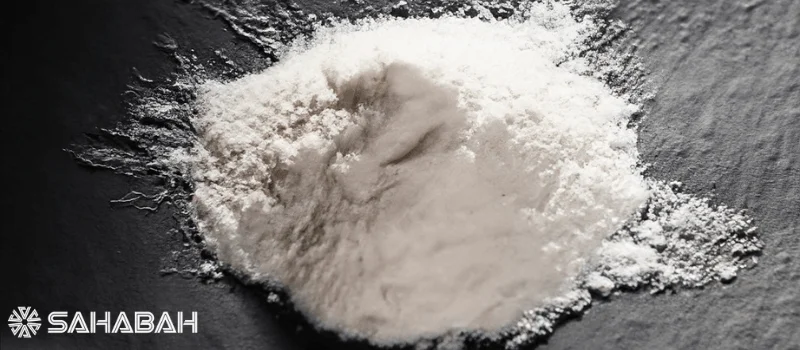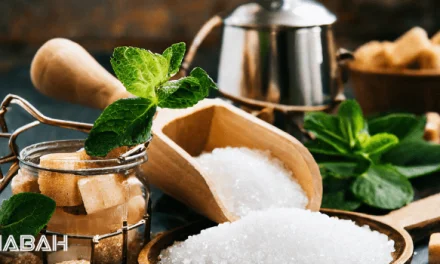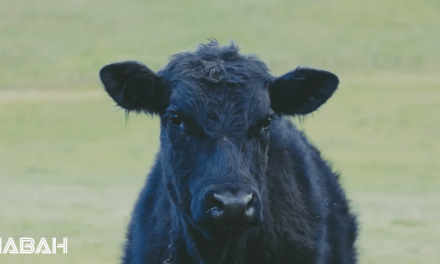In today’s modern age, where people are becoming more conscious about their dietary choices, one question that frequently arises is whether certain food additives are halal or not. One such additive that often raises concerns is phenylalanine. In this article, I will uncover the truth behind phenylalanine halal certification, providing you with the knowledge you need to confidently enjoy foods with this additive.
An Essential Amino Acid, But Is It Halal?
Phenylalanine is an amino acid used as an artificial sweetener and flavor enhancer in many processed foods. However, its halal status in Islam has been debated.
What is Halal and Haram?
In Islamic law, foods and ingredients are classified as either:
- Halal: Permissible to consume
- Haram: Forbidden to consume
The distinction depends on several factors:
- Source: Must derive from halal animals slaughtered by Islamic rites
- Intoxicants: Alcoholic drinks are haram
- Contamination: Foods contaminated with haram products are forbidden
Phenylalanine Controversy
Phenylalanine’s halal status is contested for the following reasons:
- Originally synthesized from non-halal sources
- Used in products containing gelatin and other haram ingredients
- Not unanimously certified halal by Islamic authorities
This article will analyze the evidence on both sides of the debate.
What is Phenylalanine?
Phenylalanine is an essential amino acid and comes in two forms:
- L-Phenylalanine: Essential amino acid found in proteins
- D-Phenylalanine: Synthetic mirror image of L-phenylalanine
Occurrence
-
Naturally present in high-protein foods:
- Meats
- Eggs
- Milk products
-
Also found in:
- Fruits
- Vegetables
- Grains
-
Synthetically produced for commercial uses
Uses
Phenylalanine has important uses as:
- Artificial sweetener (aspartame)
- Flavor enhancer (sodium phenylacetate)
- Nutritional supplement for depression
“Phenylalanine is an essential amino acid that occurs naturally in foods high in protein, such as meat, fish, eggs, cheese, and milk.”
Perspectives on Phenylalanine’s Halal Status
There are differing views on whether phenylalanine is halal or haram:
Arguments It is Halal
-
Naturally present in fruits, vegetables and halal meats
-
“This amino acid is found naturally in many foods, including meats, dairy products, fruits and vegetables.”
-
-
Synthetic form is identical to natural phenylalanine
-
“L-Phenylalanine produced…is chemically identical to L-Phenylalanine occurring in nature.”
-
-
Certified halal by halal certification organizations
-
“L-Phenylalanine is now Halal Certified.”
-
Arguments It is Haram
-
Originally synthesized from non-halal gelatin
-
“Phenylalanine is also manufactured from the hydrolysis of gelatin.”
-
-
Used to produce non-halal products like aspartame
-
“Phenylalanine is used to synthesize aspartame, an artificial sweetener.”
-
-
Not unanimously certified halal
-
“There are differences of opinion on phenylalanine’s halal status.”
-
Differing Opinions Among Islamic Scholars
- Hanafi school allows it, others prohibit
- Lack of consensus highlights complexity of issue
The evidence on both sides highlights the nuances around determining phenylalanine’s definitive halal status.
Frequently Asked Questions – Is Phenylalanine Halal?
What is phenylalanine?
Phenylalanine is an essential amino acid found in protein-rich foods. It can also be synthesized in the laboratory for various purposes.
Is phenylalanine considered halal?
Phenylalanine, as an amino acid itself, is halal. However, it is important to consider the source and manufacturing process of phenylalanine-containing products to determine their halal status.
How can I find out if a specific product contains halal phenylalanine?
To determine if a specific product contains halal phenylalanine, you can check for halal certifications on the packaging or contact the manufacturer directly to inquire about their sourcing and manufacturing practices.
Is L-phenylalanine halal?
Yes, L-phenylalanine is the natural form of phenylalanine and is considered halal.
Is phenylalanine commonly used as an ingredient in halal food?
Phenylalanine itself is not commonly used as an independent ingredient in halal food. However, it can be found as a component of food additives such as aspartame, a popular food sweetener.
Can phenylalanine be derived from non-halal sources?
Yes, phenylalanine can be derived from both halal and non-halal sources. It is important to ensure that the phenylalanine used in a product is obtained from halal sources.
What is the general ruling on phenylalanine in Islamic dietary laws?
In general, phenylalanine is considered halal unless derived from non-halal sources or processed with non-permissible ingredients.
Is phenylalanine halal certified?
There is no specific halal certification for phenylalanine itself. However, some products that contain phenylalanine may carry halal certifications indicating that the entire product is halal.
Can synthetic phenylalanine be considered halal?
Synthetic phenylalanine can be halal if it is produced using halal-certified processes and raw materials.
Are there any health concerns related to consuming phenylalanine?
Consuming phenylalanine does not pose a health concern for most people. However, there are certain important exceptions to consider, For healthy individuals without PKU or specific health concerns, phenylalanine is generally considered safe when consumed in the quantities found naturally in foods
Conclusion
The halal status of phenylalanine has been debated among Islamic scholars due to:
- Original synthesis from non-halal sources
- Use in haram products like gelatin
- Lack of unanimous halal certification
However, the evidence suggests it is most likely halal for the following reasons:
- Naturally present in halal foods
- Identical chemical structure to natural form
- Halal certification by reputable organizations
- Permitted by some authoritative Islamic schools
This indicates phenylalanine is permissible for consumption when care is taken to avoid haram contaminants. Still, there is disagreement among Muslim legal scholars about its definitive status.
Some considerations going forward:
- More dialogue needed to resolve differences
- Improved transparency from manufacturers
- Further analysis by Islamic experts
While phenylalanine’s halal status remains contentious, the totality of evidence points towards permissibility. But more work within the Muslim community is required to fully align on this issue.





